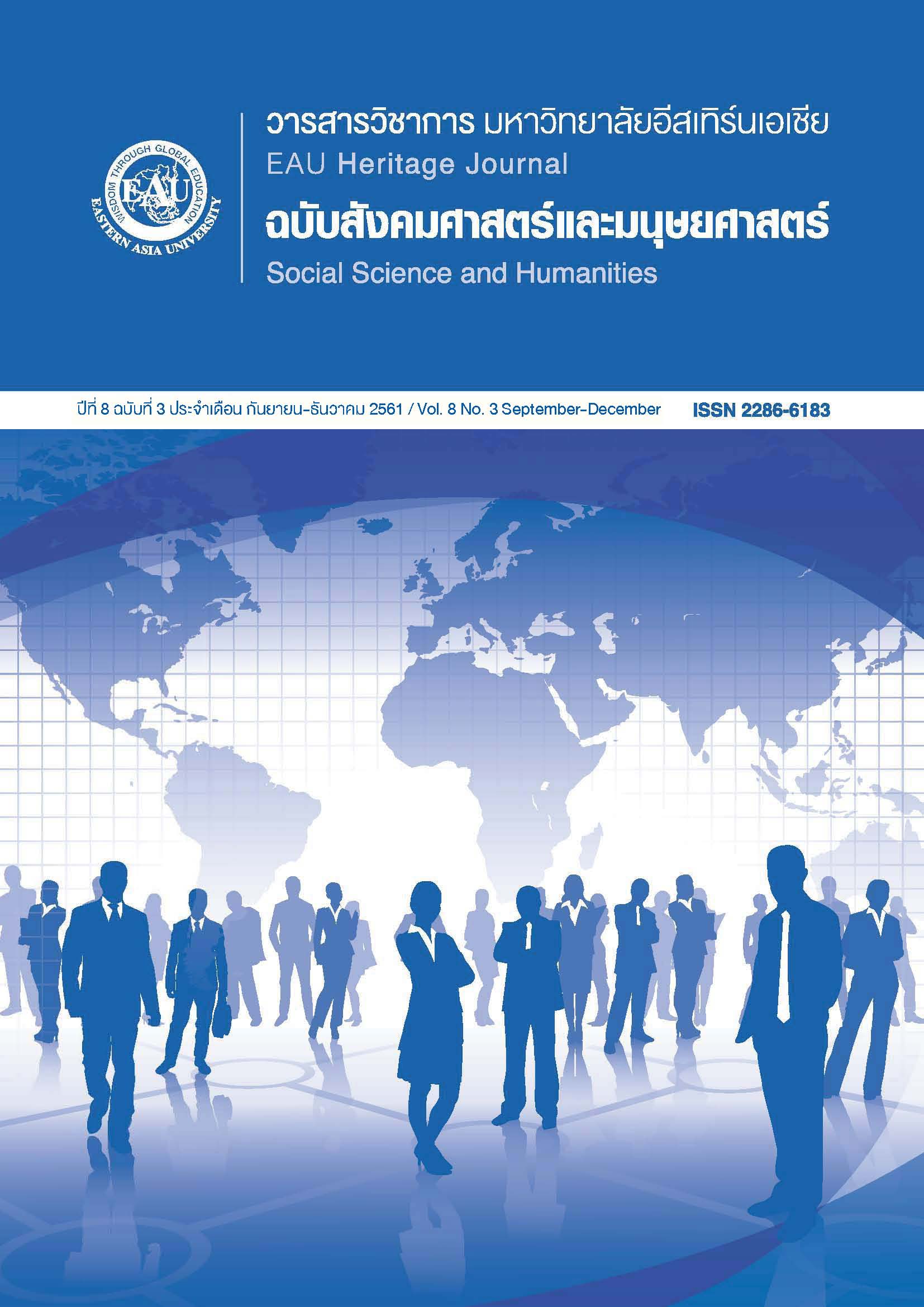ครอบครัวแหว่งกลาง
Keywords:
ครอบครัวแหว่งกลาง, สถาบันครอบครัว, การย้ายถิ่นฐานAbstract
In Thailand, the economy and society have gradually changed and transitioned from an agriculture-oriented society to an industrial society. Accordingly, the circumstance and trend of rural-to-urban migration have been increasing. As a result, the way of life of many Thai people has changed to a capitalistic lifestyle. Such a change is very significant and has impacted the institution of the family; that is, the family unit in Thai society has turned to a trans-generational (single-family) model composed of grandparents’ generation and their young grandchildren. This causes a so-called “skipped generation households”. For the first generation, the grandparent’s generation, has to take care of the third generation, their grandchildren, because the parents, the second generation, have migrated to urban areas with the intention of locating employment and income. This skipped-generation household can have a negative effect on the children. For example, grandparents who have health problems and other limitations might not nurture and encourage their grandchildren adequately. Grandchildren are thus at risk for not receiving adequate attention as well as support for their positive growth and development. Moreover, some families also face limited financial assistance to meet their basic needs. The flow of labor affects the lifestyle and well-being of the skipped-generation households. These may include the situation whereby the children are not adequately raised by their parents due to the death of their parents, the youth or inexperience of their parents, those parents who are not ready for parenthood and did not plan their pregnancy, or those who might have gotten divorced. This could lead to the collapse of the family institution. This article is based on the study of various documents aiming to examine and analyze the situation so the related factors, problems and impacts of the lives of co-residents of the skipped-generation in migrant families can be analyzed





